Publications
Articles, publications, books, tools and multimedia features from the U.S. Institute of Peace provide the latest news, analysis, research findings, practitioner guides and reports, all related to the conflict zones and issues that are at the center of the Institute’s work to prevent and reduce violent conflict.

Susan Hayward on Religion and Coronavirus
While USIP’s Susan Hayward acknowledges that religion has, at times, hampered public health, she notes religion has also been invoked “in ways that have brought meaning, that have mobilized people to respond to the needs of the vulnerable.”

The Religious Landscape in Myanmar’s Rakhine State
This Peaceworks report maps the religious landscape of Myanmar’s Rakhine State, focusing in particular on the current and potential influence of religion in peace and reconciliation efforts. Part of a broader USIP initiative to map the religious landscape in conflict-affected environments, it presents key findings and offers recommendations to enable policymakers and peacebuilding practitioners to better navigate and engage within Rakhine’s religious landscape.

Susan Hayward on Advancing Religious Freedom
Following last week’s Ministerial to Advance Religious Freedom at the U.S. Department of State, Rev. Susan Hayward discusses the worldwide uptick in religious discrimination in recent years—which particularly impacts minority communities—and how religion shapes conflict and peace around the world.
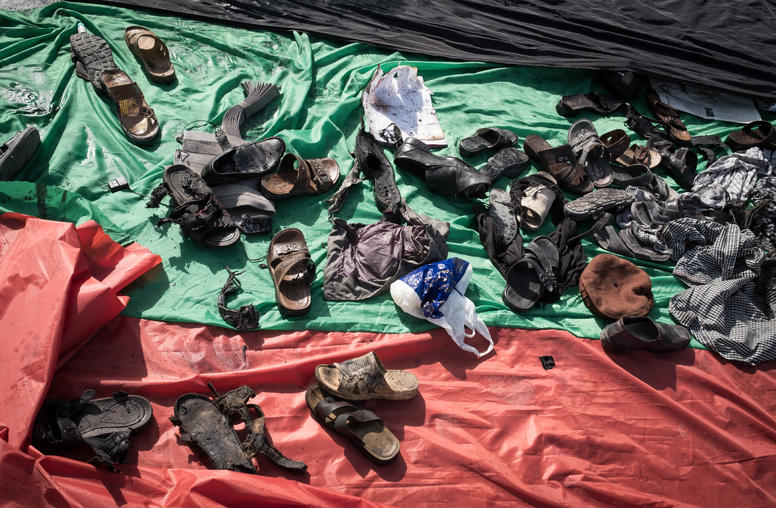
South Asia: Rising Extremism Opens Way for ISIS
Across South Asia, complex strains of extremism are opening the way for the Islamic State and destabilizing governments. From elements in the Afghan Taliban to the ascent of Hindu nationalism in India, extremists are drawing the region deeper into volatile internal and external conflicts, according to experts on religion and extremism speaking recently at the U.S. Institute of Peace. There are no quick ways to reverse the trend, they said. But steps that could slow radicalization include bolstering free speech, attacking terrorists’ financial networks and undermining the myth that a long-ago caliphate ruled over a perfect society.
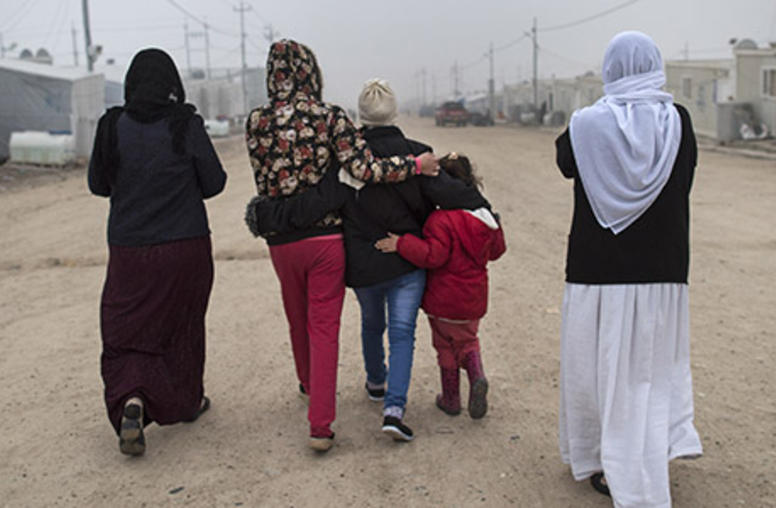
ISIS Makes Sex Slavery Key Tactic of Terrorism
The sexual violence committed against women and girls by the Islamic State of Iraq and Syria (ISIS) can only begin to be addressed with a multipronged response from the global to the local level, said Zainab Hawa Bangura, the United Nations’ point person on the issue. Speaking at the U.S. Institute of Peace, Bangura cited work ranging from promotion of U.N. resolutions to talks with religious leaders to suggest how the brutal, systematic sexual slavery imposed by the extremist group might be ...
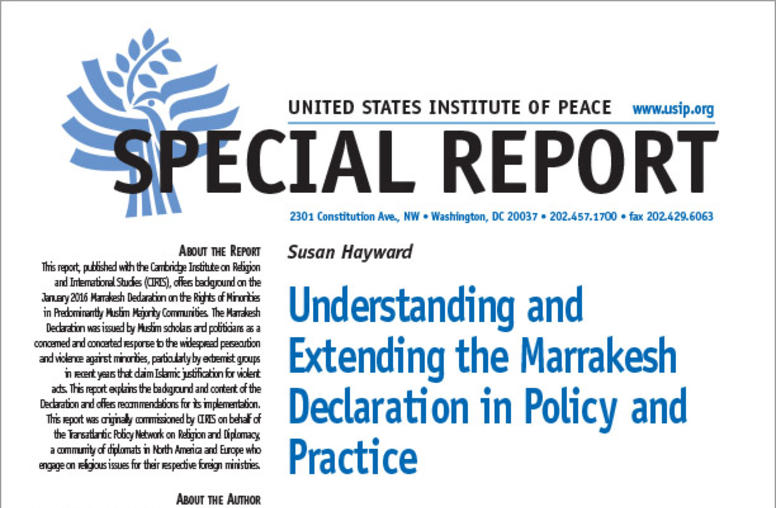
Understanding and Extending the Marrakesh Declaration in Policy and Practice
In January 2016, the Marrakesh Declaration was issued by Muslim scholars and politicians as a concerted response to the persecution of and violence against minorities in Muslin-majority countries. This report, published with the Cambridge Institute on Religion and International Studies, provides background on the Marrakesh Declaration and recommendations to those from both Muslim and non-Muslim majority contexts to ensure the Declaration’s implementation and legitimacy.
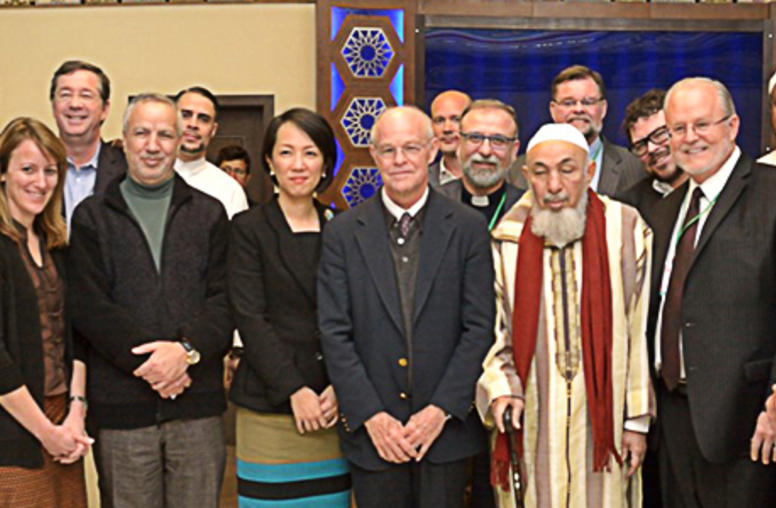
Q&A: Muslim Scholars Pledge Support for Religious Minorities
Muslim scholars and intellectuals from more than 120 countries issued a new pledge of support last week for the protection and freedom of religious minorities in Muslim-majority communities. Susan Hayward, USIP’s director of religion and inclusive societies and an ordained minister in the United Church of Christ, attended the three-day conference in Marrakesh, Morocco, as a supporter, and explains the significance of the pronouncement.
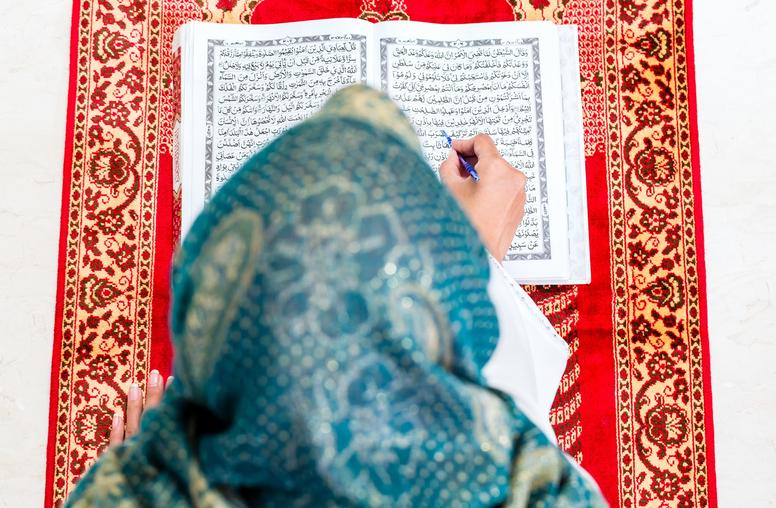
Islam, Culture and Sexism: Making Change with Religious Learning
Men in some Muslim societies cite the Islamic faith in defending “honor killings” of women and marriage for child brides. In the West, many commentators proclaim Islam inherently sexist, and some governments ban the veils traditionally worn by many Muslim women. Amid this turmoil, growing numbers of female Islamic scholars cite the Quran to argue that Muslim women are marginalized not by the true tenets of their faith but by patriarchal cultural practices.
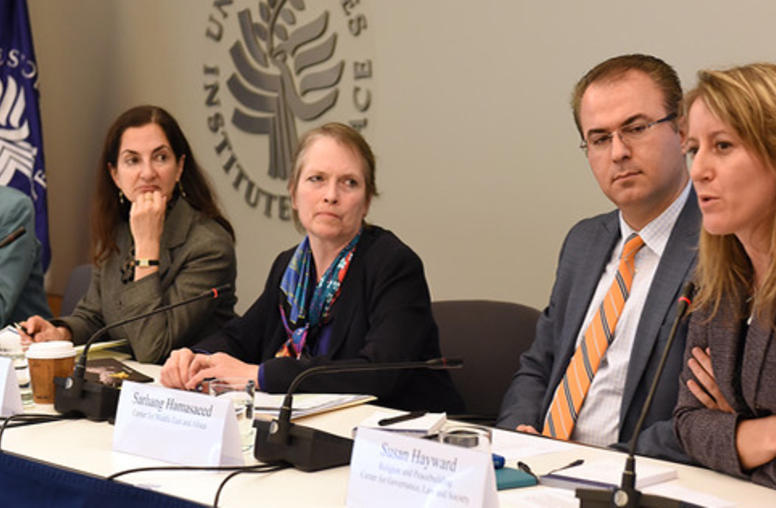
Reconciliation as the Road to Durable Peace
Apology. Confession. Truth-telling. Forgiveness. These are elements of reconciliation, perhaps the most important underpinning for turning a violent conflict into durable peace. Yet building peace is complicated by a reality that human cultures have no agreed definition of reconciliation. Indeed many may resist it as an imposed Western value, USIP scholars said.
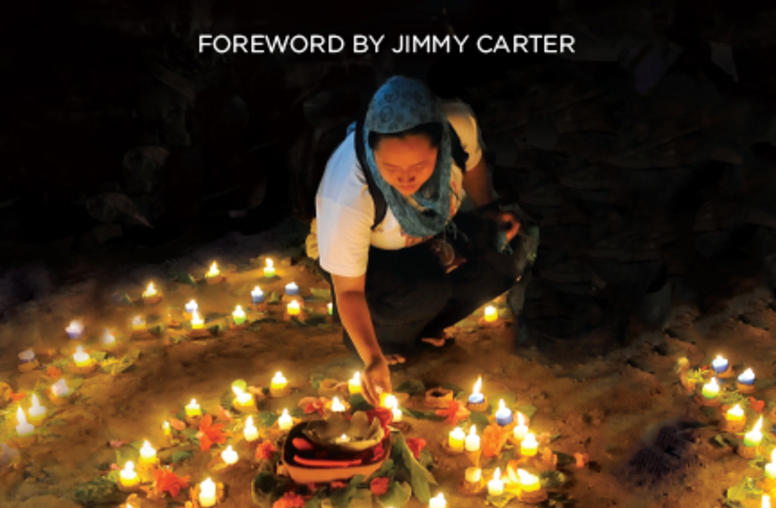
Women, Religion and Peacebuilding
Women, Religion, and Peacebuilding: Illuminating the Unseen examines the obstacles and opportunities that women religious peacebuilders face as they navigate both the complex conflicts they are seeking to resolve and the power dynamics in the institutions they must deal with in order to accomplish their goals.